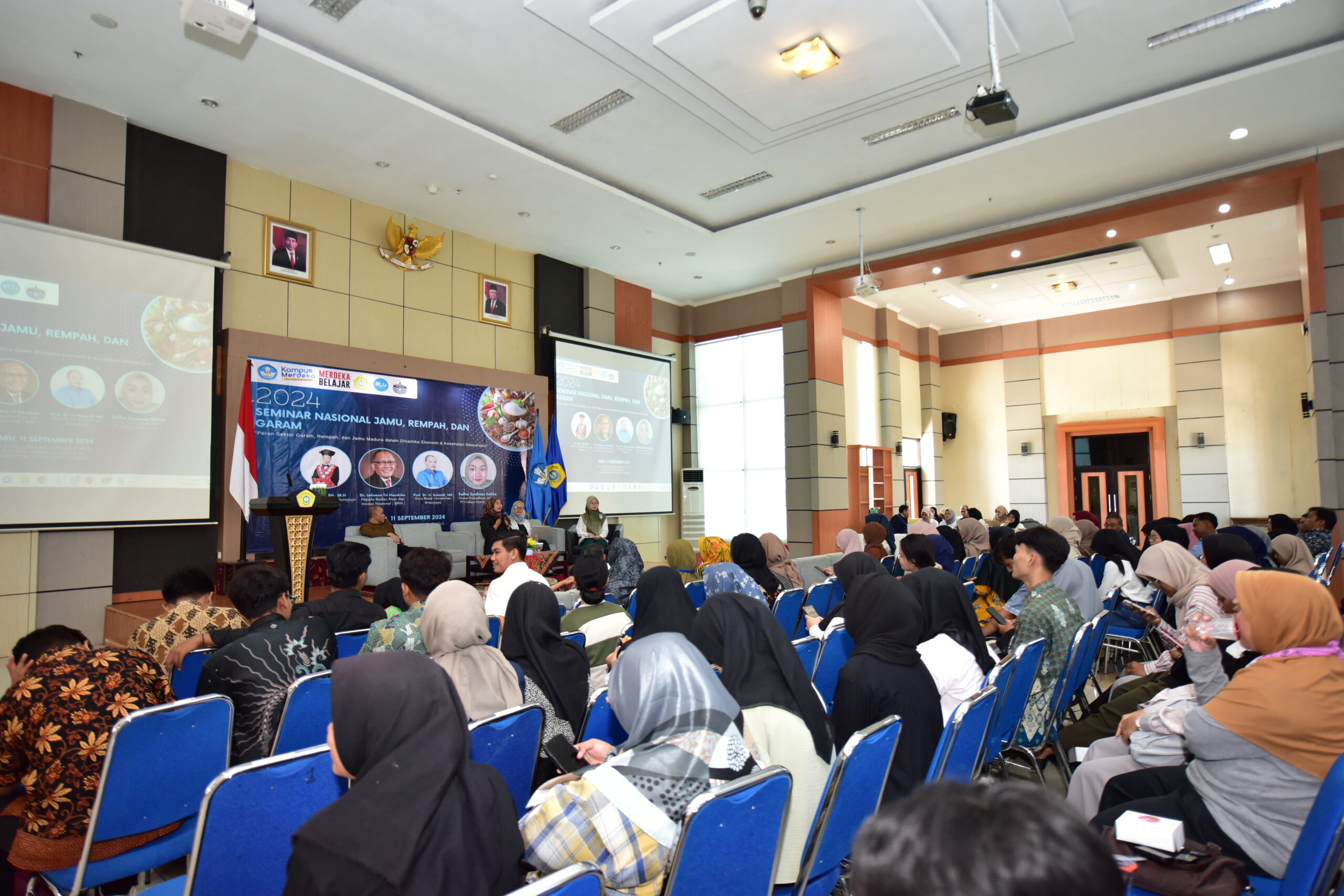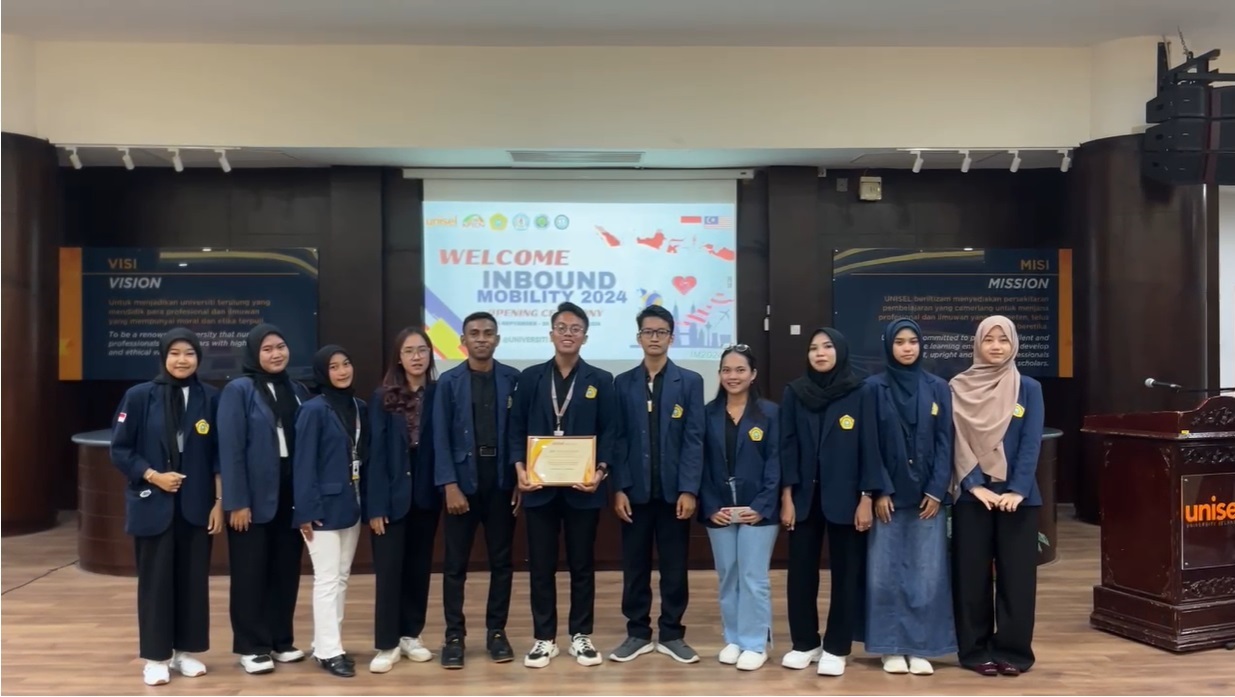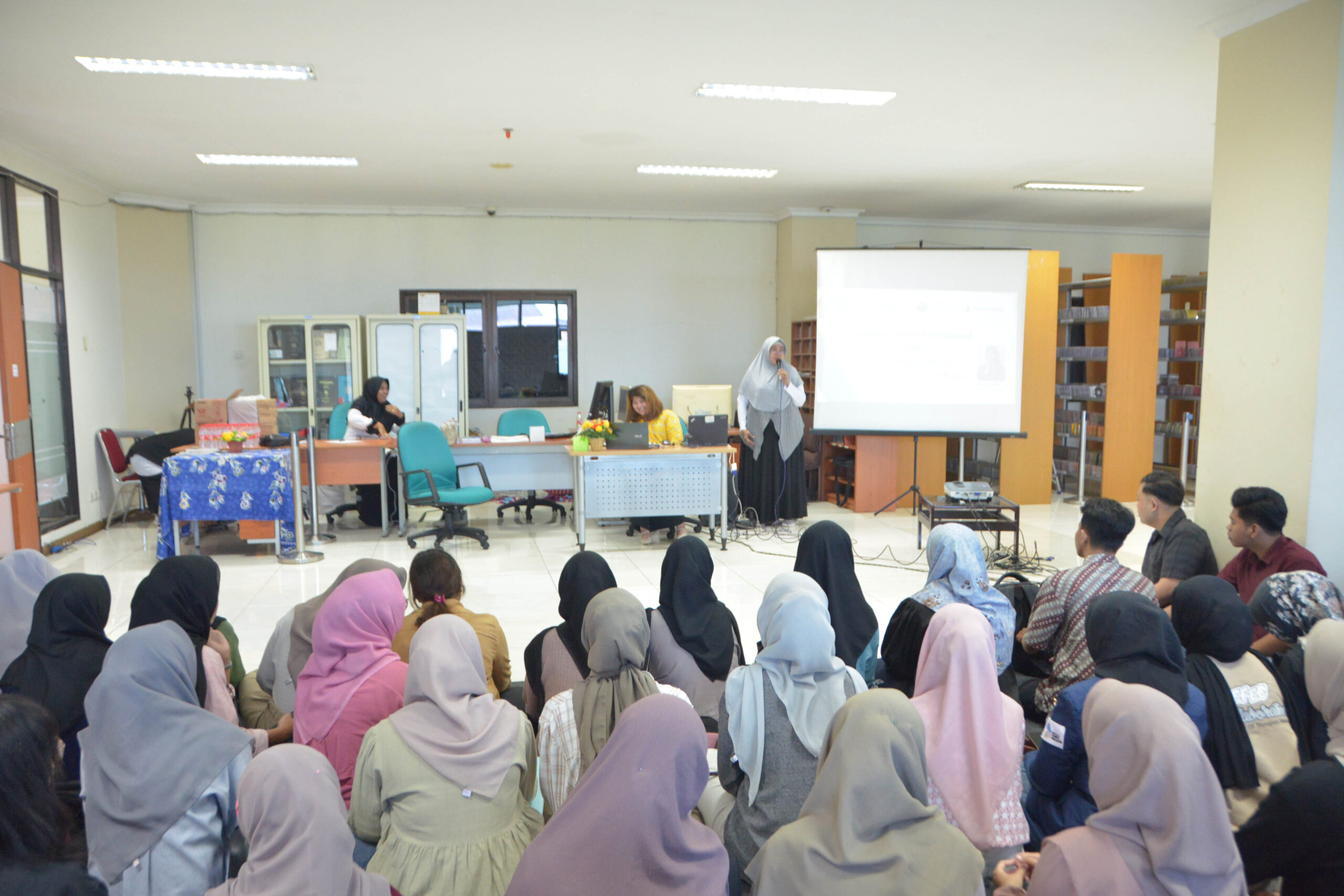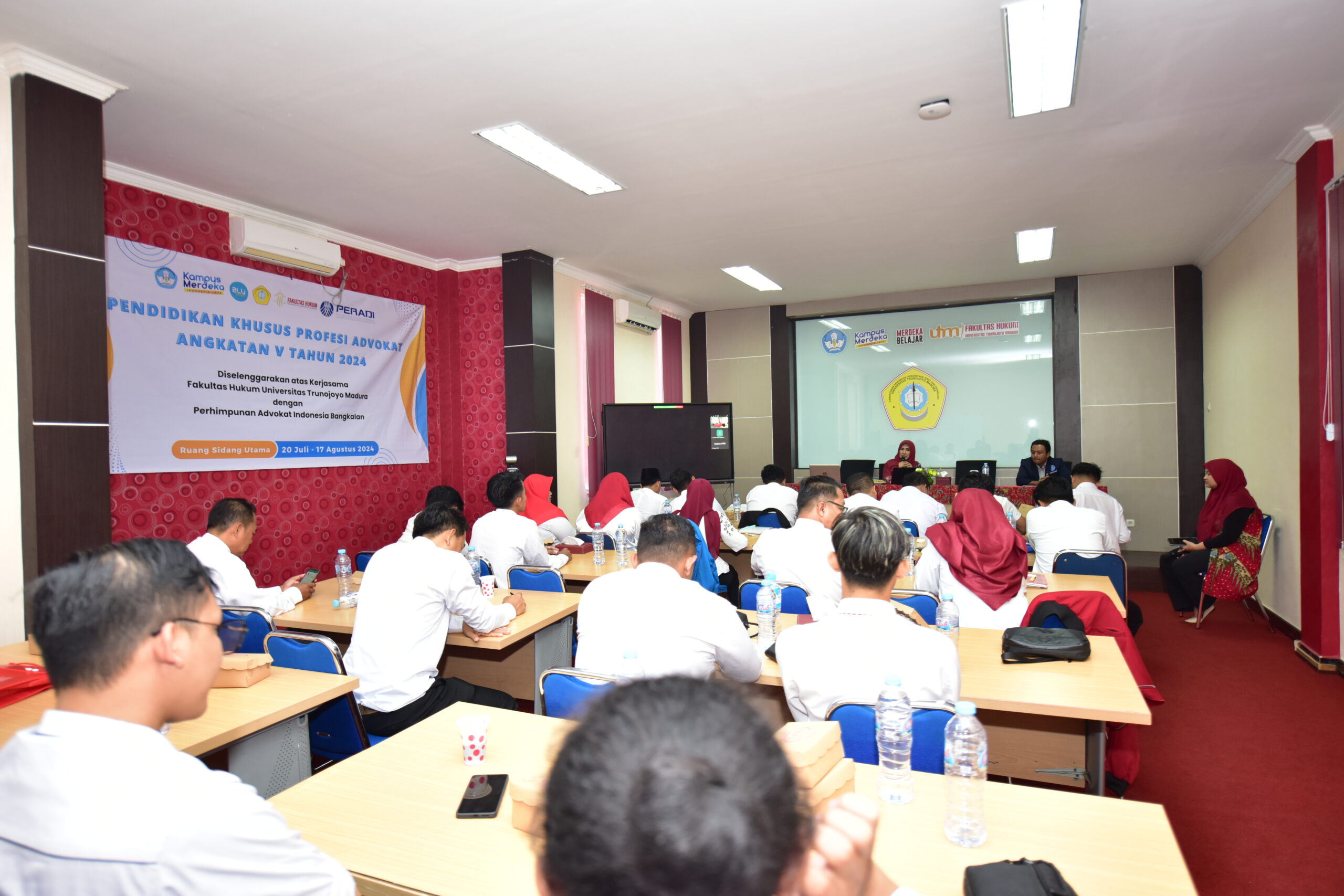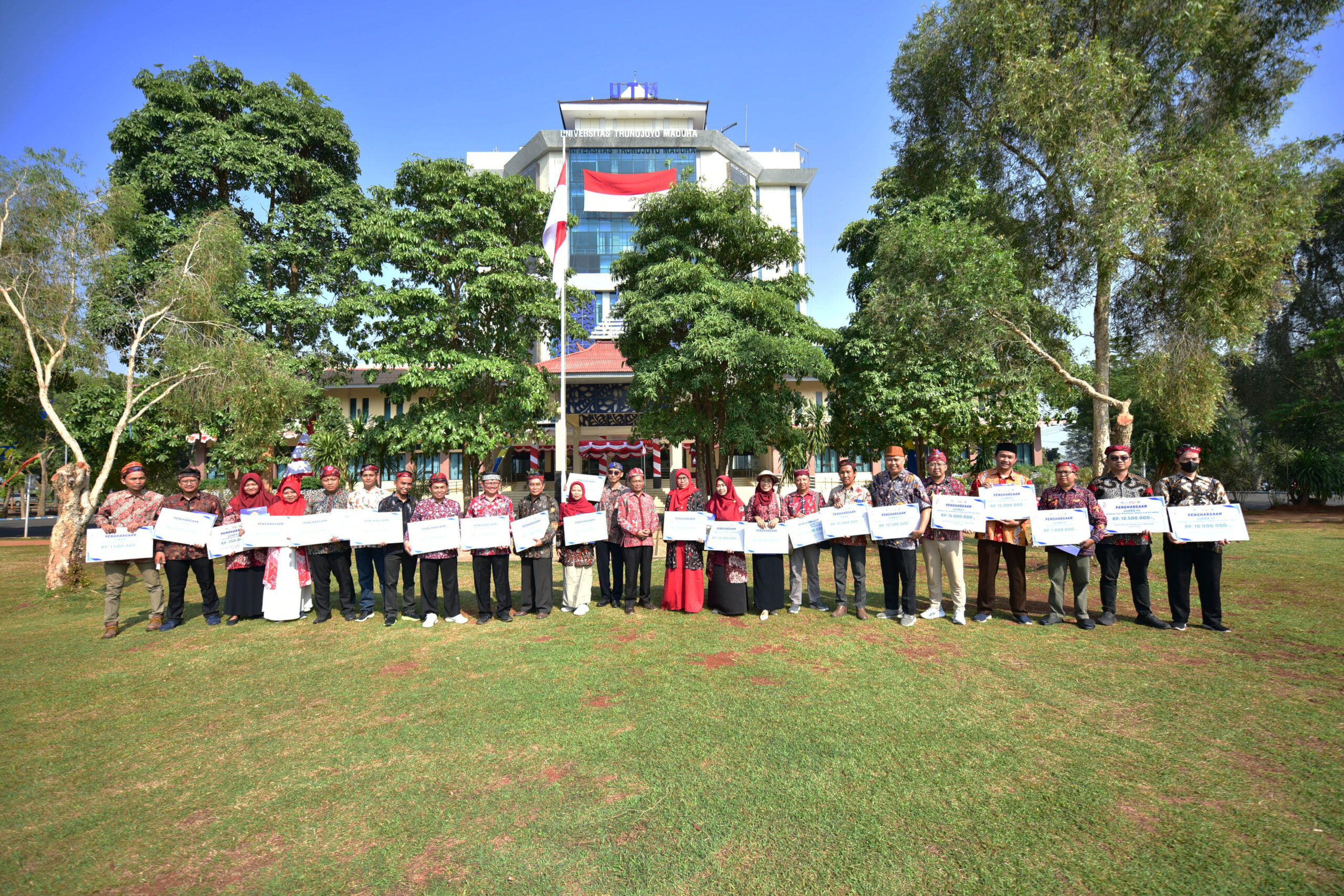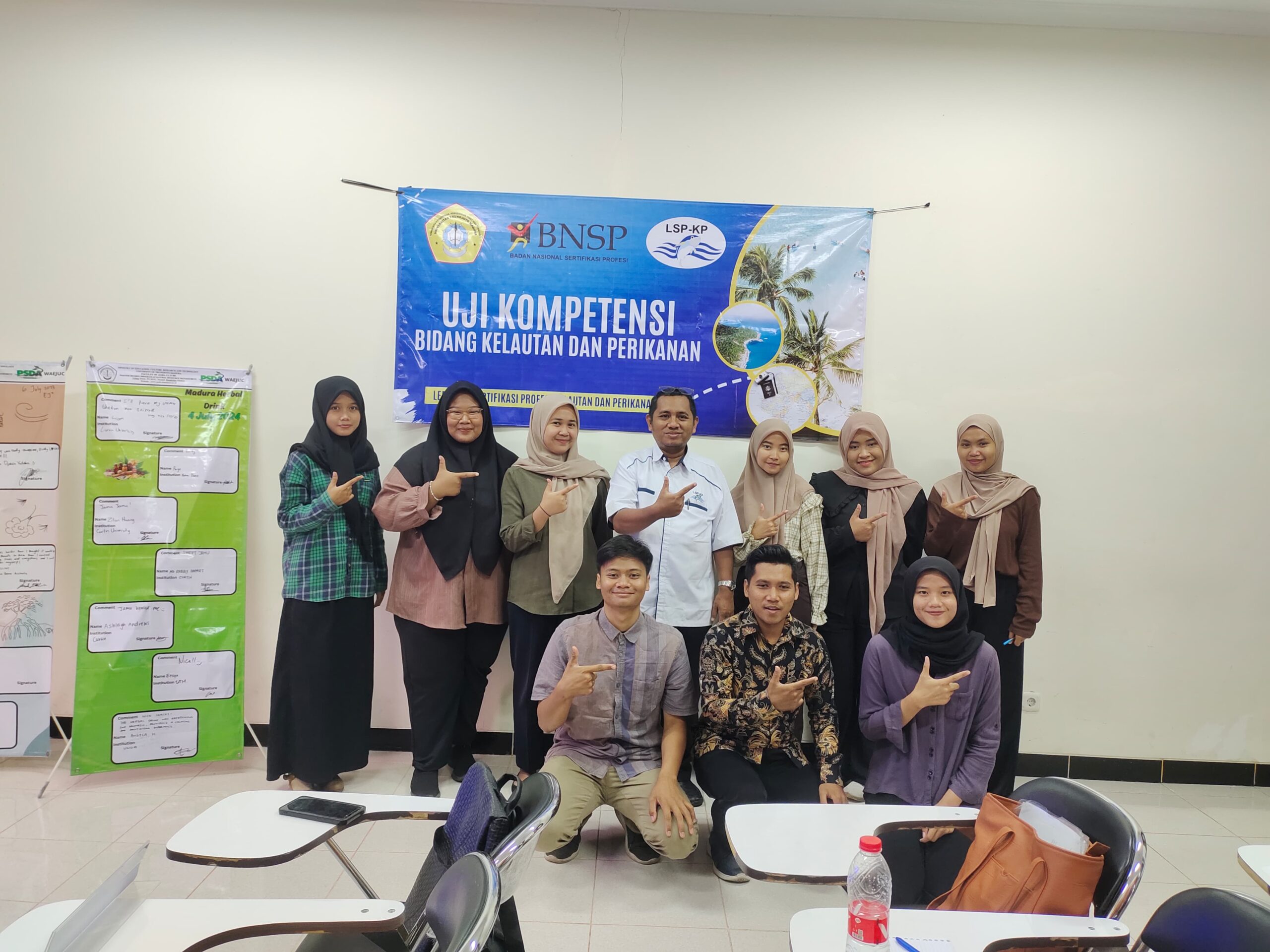Exploring the Potential of Madura’s Tuber Crops for Food Security: A Collaborative Initiative between the Natural Resource Management Master’s Program and Palacky University Students
On September 18th, 2024, the Natural Resource Management Master’s Program at the University of Trunojoyo Madura hosted an event in collaboration with 10 students from Palacky University, Olomouc, Czech Republic. This activity, held at the Learning Business Center, focused on a taste-testing session aimed at introducing various flavors while emphasizing the significance of sustainable food security through tuber-based snacks. With growing concerns over climate change and food shortages, tubers such as potatoes, cassava, and sweet potatoes offer a nutritious and resilient food source. Attending the meeting were the Head of the Study Program, Dr. Apri Arisandi, along with faculty members from the Master’s Program in Natural Resource Management, including Dr. Farid, Dr. Teti Sugiarti, and Dr. Agr. Eko Setiawan. The keynote address on the topic of food security was delivered by Setiani, PhD., from the Agribusiness Study Program.
Eleven tuber-based products were presented, with students challenged to match each product to its primary ingredient. The tasting table featured a variety of snacks, including golden potato chips, crispy cassava chips, and crunchy sweet potato chips. Reactions to the snacks varied among the students. Zuzana, intrigued but hesitant, commented, “I’m not a big fan of getuk, an Indonesian cassava-based snack, but I’ll try the cassava chips.” After taking a tentative bite, she smiled slightly but didn’t take more. In contrast, the sweet potato chips were a clear favorite. Ondrej remarked, “I like yam bean because it’s fresh, and we don’t have this in our country.” Nicky, happily munching on the chips, added, “They’re sweet! I like them!” The majority of the group, around 60%, expressed a strong preference for the sweet potato chips, praising their natural sweetness and light texture.
According to Dr. Eko Setiawan, a lecturer in the Natural Resource Management Master’s Program, the event was not merely a taste test but also an educational experience on sustainability. He highlighted that “Madura has a wide variety of tubers and significant potential in terms of natural resources.” Dr. Setiani further elaborated, noting that “due to their ability to thrive in poor soil conditions and withstand drought, tuber crops have the potential to play a crucial role in ensuring food security for future generations.”
Through this tasting session, students not only experienced new flavors but also gained insight into how everyday foods can contribute to a sustainable future.


